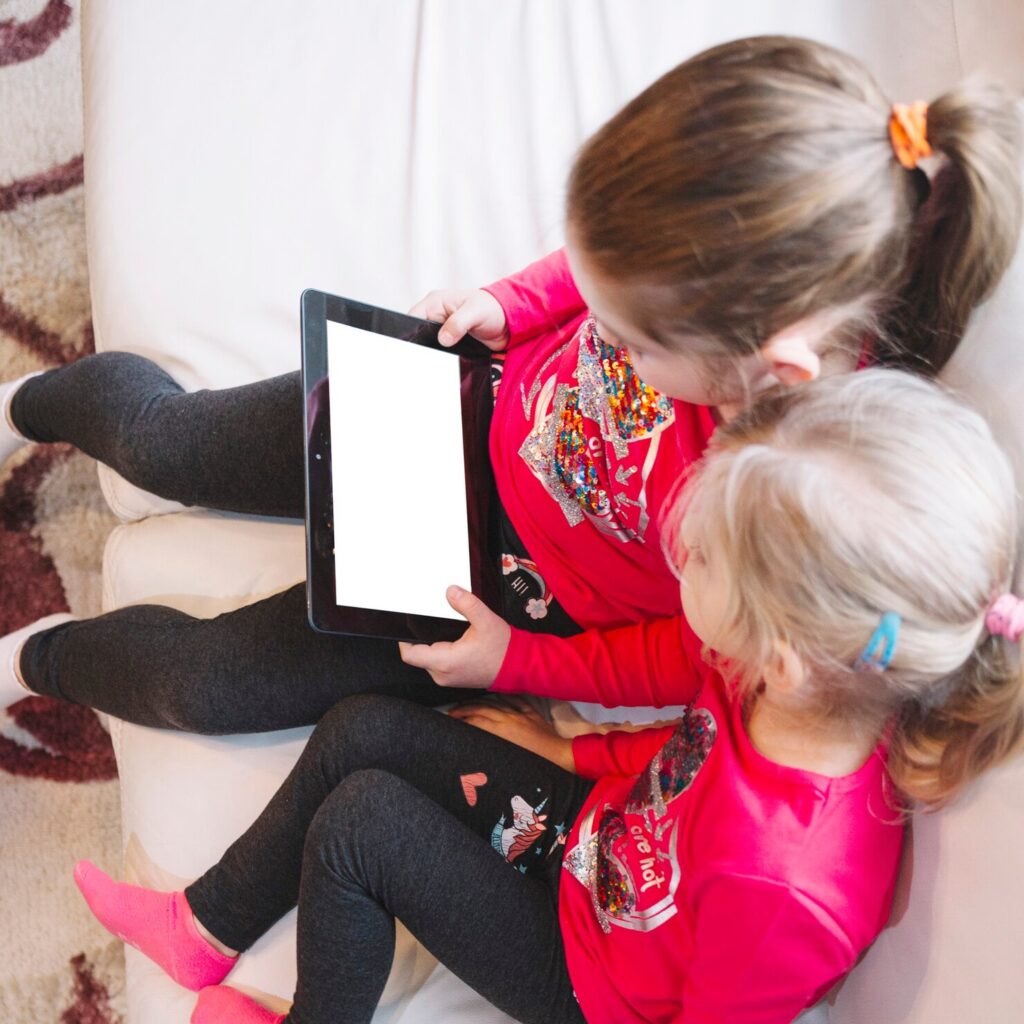In today’s digital world, screens have become a part of everyday life. From smartphones and tablets to televisions and computers, screens are everywhere. While technology has many benefits, its effects on babies and young children are a growing concern. Parents often wonder how screen time might influence their child’s development. Therefore, this article will explore the potential effects of screens on babies and highlight some consequences for their growth and learning.
The Early Years Are Crucial

Babies and young children go through rapid development in the first few years of life. Their brains grow quickly, and they learn by interacting with their environment. During this time, they need real-world experiences, such as playing, exploring, and bonding with caregivers. These activities help them develop important skills like communication, problem-solving, and emotional regulation.
However, introducing screens too early or allowing excessive screen time can interfere with these developmental processes. Since babies’ brains are still developing, they may struggle to understand and process the fast-paced and artificial nature of screen content. As a result, this can hinder their ability to fully engage with the world around them.
The Impact of Screen Time on Babies
Here are some ways screens can affect babies:
1. Delayed Language Development
Babies learn to talk by listening to and interacting with people around them. If they spend too much time in front of screens, they miss out on these critical interactions. Research suggests that excessive screen time, especially before the age of two, may lead to delayed language development. Face-to-face communication is essential for babies to learn words and develop their speech effectively.
2. Reduced Attention Span
Screens often present fast-moving images and sounds that can be overstimulating for a baby’s brain. Over time, this overstimulation can make it harder for them to focus on slower-paced activities, such as reading a book or playing with toys. Consequently, this reduced attention span may affect their ability to concentrate as they grow older.
3. Sleep Disruptions
The blue light emitted by screens can interfere with the production of melatonin, a hormone that regulates sleep. Babies who are exposed to screens, especially before bedtime, may have difficulty falling asleep or staying asleep. Poor sleep, in turn, can affect their mood, energy levels, and overall development.
4. Less Physical Activity
Time spent in front of screens is time not spent moving and playing. Physical activity is essential for developing motor skills, strength, and coordination. Babies who are less active may miss opportunities to build these skills, which can affect their physical health over time.
5. Weakened Bonding with Caregivers

Babies form strong bonds with their parents and caregivers through eye contact, touch, and shared experiences. When screens take up too much of their time, these bonding moments can decrease. As a result, this can impact their emotional development and their ability to form secure attachments. the consequences of screens on social life are irreversible.
Long-Term Consequences for Child Development
The effects of screen time on babies can have lasting consequences as they grow older. Below are some potential long-term impacts:
1. Social Skills
Children who spend a lot of time with screens may struggle with social interactions. They may find it harder to read facial expressions, understand emotions, or communicate effectively with others. These skills are best learned through real-life interactions, which screens cannot replace.
2. Academic Performance
Excessive screen time during early childhood can affect a child’s readiness for school. Delayed language development, reduced attention span, and poor sleep can make it harder for them to learn and succeed academically. Consequently, this can hinder their overall educational journey.
3. Emotional Regulation
Screens can become a source of comfort or distraction for some children, making it difficult for them to learn how to manage their emotions in healthy ways. For example, if a child turns to screens whenever they feel bored or upset, they may miss opportunities to develop coping skills.
4. Health Issues
Spending too much time on screens can contribute to sedentary habits, which increase the risk of obesity and other health problems. Poor posture and eye strain are also common concerns for children who use screens excessively. Over time, these issues can significantly impact their overall well-being.
Cuddle and Care Tips and Guidelines for Healthy Screen Use
While it’s almost impossible to avoid screens entirely, parents can take steps to ensure that screen time is managed responsibly. Here are some guidelines to follow:
1. Limit Screen Time
- For children under 18 months, avoid screen time altogether, except for video calls.
- For children aged 18 months to 2 years, limit screen time to high-quality, educational content that parents watch together with their child.
- For children aged 2 to 5 years, restrict screen time to one hour per day of high-quality content.
2. Prioritise Interactive Play
Encourage babies and toddlers to engage in activities that promote learning and development. Simple activities, like playing with blocks, reading books, or exploring nature, are much more beneficial than screen time.
3. Create Screen-Free Zones
Designate areas in your home, such as the dining table or bedrooms, as screen-free zones. This encourages more family interaction and healthier routines. Furthermore, it establishes a balanced approach to screen use.
4. Be a Role Model
Children learn by watching their parents. Limit your own screen use and show them the importance of engaging in real-world activities. By setting an example, you can help them develop healthy habits.
5. Use Screens Wisely
If you choose to use screens, select content that is age-appropriate and educational. Watch with your child and talk about what you see to make it an interactive experience. This approach ensures that screen time becomes more meaningful.
Conclusion
Screens are a part of modern life, but they should be used carefully, especially when it comes to babies and young children. Excessive screen time can affect a baby’s language development, attention span, sleep, and overall growth. By prioritizing real-world interactions and setting healthy limits, parents can support their child’s development and lay the foundation for a healthy relationship with technology. Ultimately, the best thing you can give your child is your time and attention.
Check out these articles for more informations:
Effects of Excessive Screen Time on Child Development
What Does Too Much Screen Time Do to Children’s Brains?
The effects of screen time on children: The latest research parents should know

